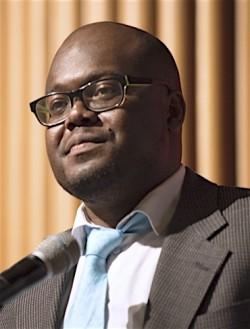
The practice of nonviolence was an integral part of the life, teaching and work of Jesus. This was the message heard by those attending the conference Reclaiming Gospel Nonviolence, sponsored by the Anglican Pacifist Fellowship, Pax Christi and the Fellowship of Reconciliation held in Kinnoull, Perth on 14-16 July.
John Dear, a Roman Catholic priest from the USA, looked over the life of Jesus and the lives of the early Christians to draw inspiration for the idea that practising peace is the core duty of all Christians and people of faith. 'As a society we are addicted to death', he said, from the wars that have been continually fought for the last seventy-plus years to the dead and fossilised animals we burn as coal, oil and natural gas.
'Change happens when people act. Sometimes this may involve breaking bad laws and facing the consequences', said Dear. This can be seen in the life of Jesus, who Dear described as 'a one-man crime wave' for actions such as overturning the tables in the temple and healing the sick on the Sabbath. He urged participants to be witnesses for peace in their communities, through their actions and their lives, adding: 'We are called to be faithful, not to be successful'.
Also addressing the forty-strong audience was Lucas Johnson, International Coordinator of the International Fellowship of Reconciliation. Johnson highlighted examples of practical peacemaking around the world, including the Black Lives Matter campaign in the USA and the international observers physically standing with Colombian communities to protect them from attacks by paramilitaries and the army.
'In South Sudan, Fellowship of Reconciliation member the Organisation for Nonviolence and Development does something remarkable in creating cooperation across communities, but how long can that last in a situation with no education, insufficient food and poor healthcare?' he asked.
The conference also heard about recent shifts in Catholic teaching away from supporting 'Just War' to promoting nonviolence, and considered ways of strengthening peace activism in Scotland.

